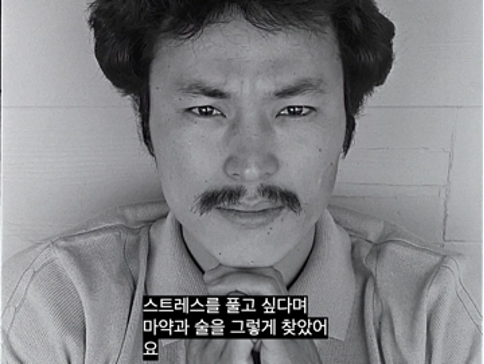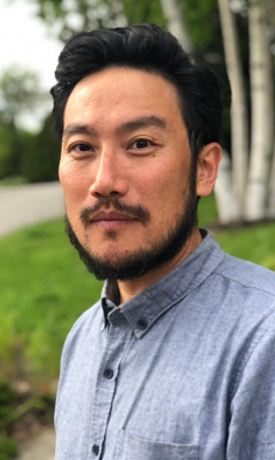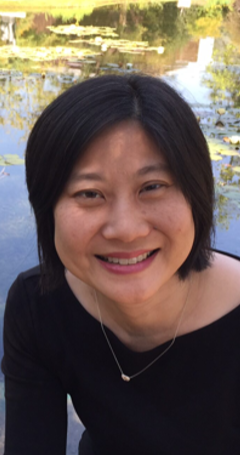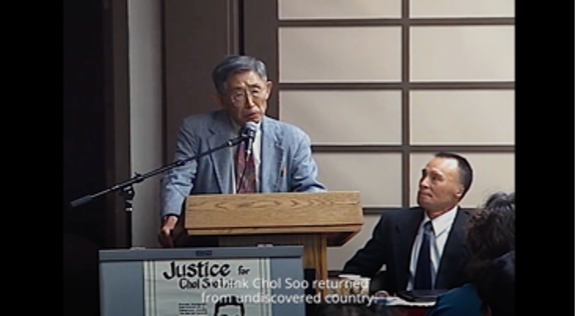
The version of “Free Chol Soo Lee” that appeared on PBS’ “Independent Lens” and is currently streaming includes the option of Korean-language subtitles. (Photo: Courtesy of “Free Chol Soo Lee”)
By P.C. Staff
When “Free Chol Soo Lee” was named the U.S. Documentary Competition Selection winner at its January 2022 Sundance Film Festival premiere (See Pacific Citizen’s March 18-31, 2022, issue), a journey of international travel, film festival appearances, interviews panel discussions and more began for its filmmakers, journalists Julie Ha and Eugene Yi.
That 16-monthlong journey does not include the years-long effort the documentary’s directing and producing duo endured to tell the true tale of the injustice visited upon the titular Korean immigrant who was imprisoned for a slaying he didn’t commit — and the seminal, yet-largely-unknown pan-Asian American movement that arose to free him.
Ha and Yi’s latest boulder-size milestone: the national PBS broadcast of “Free Chol Soo Lee” on April 24 as part of the network’s documentary series “Independent Lens.”
If, however, you missed its national broadcast, its short theatrical run or you’re not a subscriber to streaming service Mubi (which acquired the documentary), take heart: “Free Chol Soo Lee” can be streamed on the PBS website and, via your smartphone or tablet, using PBS app through July 22 and on PBS’ “Independent Lens” YouTube.com channel through May 23.

Eugene Yi
According to Ha and Yi, there is additional good news for viewers whose primary language is Korean: The streaming versions offer Korean-language subtitles. Clocking in at just under one hour and 25 minutes, this version of the documentary is “largely the same version” as the theatrical version, Yi told the Pacific Citizen. “We did have to make a cut for time,” he said, adding, “It’s a pretty minor cut.”

Julie Ha
Ha added that the credit roll is also slightly different. “We have footage of modern-day K. W. Lee walking through San Francisco’s Chinatown carrying the walking stick that Chol Soo Lee had carved for him,” referring to investigative journalist K. W. Lee, who was one of the instrumental figures who helped in the quest to free his nonrelated fellow immigrant by reporting on the inconsistencies and shortcomings of the legal system that imprisoned the wrong man.
Unchanged in the documentary is the other part of the equation that aided in the years-long odyssey to release Chol Soo Lee: the many Chinese Americans, Japanese Americans and Korean Americans who joined one of the first pan-Asian American movements to release him from prison, where he was on death row for killing a fellow inmate in what he described as an act of self-defense while incarcerated — which never would have happened had he not been wrongly imprisoned in the first place.
Although “FCSL” did not get the Oscar nomination hoped for by fellow Asian American journalist Sandra Gin — whose coverage of the case decades ago was foundational to the modern-day documentary — the picture nonetheless received many other accolades in addition to what it received at Sundance and the many other film festivals in Los Angeles; Sacramento, Calif.; San Francisco; Canada; Hong Kong; Busan, South Korea; and the United Kingdom.
But as wonderful as awards and recognition may be, for Ha and Yi the larger purpose was recognizing the pain and suffering Chol Soo Lee endured and relaying to a younger generation the saga of those who stood together to free an unjustly prosecuted individual.

“Free Chol Soo Lee” includes footage of investigative journalist K. W. Lee (left) speaking at an event with Chol Soo Lee present. Chol Soo Lee died in 2014. (Photo: Courtesy of “Free Chol Soo Lee”)
“There are these young Asian American activists who come to our screenings, and they can’t believe what they’re seeing,” Ha said. “They thank us afterwards for exposing them to this story.”
For Ha and Yi, that’s the real reward that “Free Chol Soo Lee” delivered. “It’s been amazing to see how this story translates across cultures, across generations, across language. I think it’s just touching people on this universal human level. They’re connecting to Chol Soo’s pain, his struggle, his resilience. They’re also quite inspired by this movement of Asian Americans that formed in his name.”



